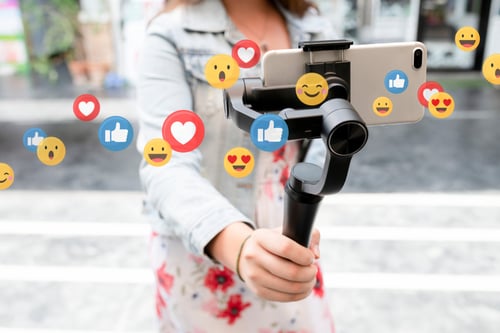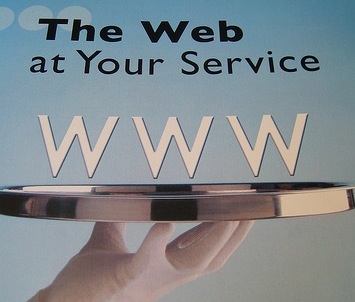You know how kids start out being cute cuddly babies that we need to constantly care for and monitor? Then as they grow into their teen years we begin to see them as independent people with whom we can have mature conversations. We allow them their own freedom to make decisions, get jobs, drive cars. We begin to rely on them for daily tasks because they’re capable of it – we can see their potential and ask them to do more. Hopefully they step up to the challenge and perform.
This is the same type of progression that’s taken place with social media. Many of the popular platforms, like Facebook and Twitter, started largely as personal communications. People had fun and played around with friends sharing photos, videos, and daily life anecdotes. In the meantime, there has been a contingent of people working very, very hard to make the connection between these platforms and good business practices. Unfortunately, the mainstream media has not kept up with this contingent and instead continues to report on the misguided and trashy ways some people use social media (former Rep. Anthony Weiner comes to mind).
There has been a lot of trial and error, discussion, and working collectively to figure it out. People have banded together over the commonality of trying to crack the code for how these tools can be successfully integrated into business practices. And what’s come out of it is a whole new way of doing business. Social media has grown up.
Participating or not, like it or not, we have now moved into the era of social business.
But there’s a problem
Unfortunately, many companies think that these social platforms are just another form of broadcast marketing for their company, like advertising, or radio ads.
But they’re not.
Social media tools are not stand-alone outposts where we set up shop to post promotional messages about our business. Or hold silly contests for people to follow us and win an iPad. This has incorrectly been the perception for many people and many businesses.
If your company is using social media that way, then you’re doing it wrong – and most importantly, you are at risk of losing valuable client goodwill and loyalty because of it.
People do not want their streams clogged up with spammy, look-at-me! promotional messages. Would you voluntarily sign up to receive junk mail or telemarketing calls? Absolutely not. And that’s the equivalent of promotional social media use. No one wants it.
Instead, people are looking for answers. They have questions – either general questions for which your company may be able to provide an answer, or specific questions related to your company. The way that we’re all looking for information and answers has changed, and businesses need to change the way they offer information. The old way of doing business does not correspond with the way today’s consumer wants to and expects to work with businesses.
There’s also a solution
If you jump in and start using these tools without educating yourself and your team on what they mean to your businesses and how your customers expect to be interacted with, then you’re wasting time, resources, and you’re eroding your company reputation.
This is easily solvable though – take the time to educate yourself and your team.
Yes, it takes time.
Just like any professional endeavor you undertake, there is a learning curve involved. Did you understand the ins- and outs of policies before you started selling benefits? Likely not. Did you understand self-funding before you started offering those services to your clients? Again, likely not. Just like any business tool, you need to educate yourself.
Bottom line – there has been a business evolution and you need to evolve your business with it.
In future posts, I will continue this topic and offer specific suggestions for what it means to educate yourself and your team, and how to go about pursuing social media channels in a way that is more meaningful to your clients and prospective clients.
Content provided by Q4intelligence
Photo by Josh Wedin.







